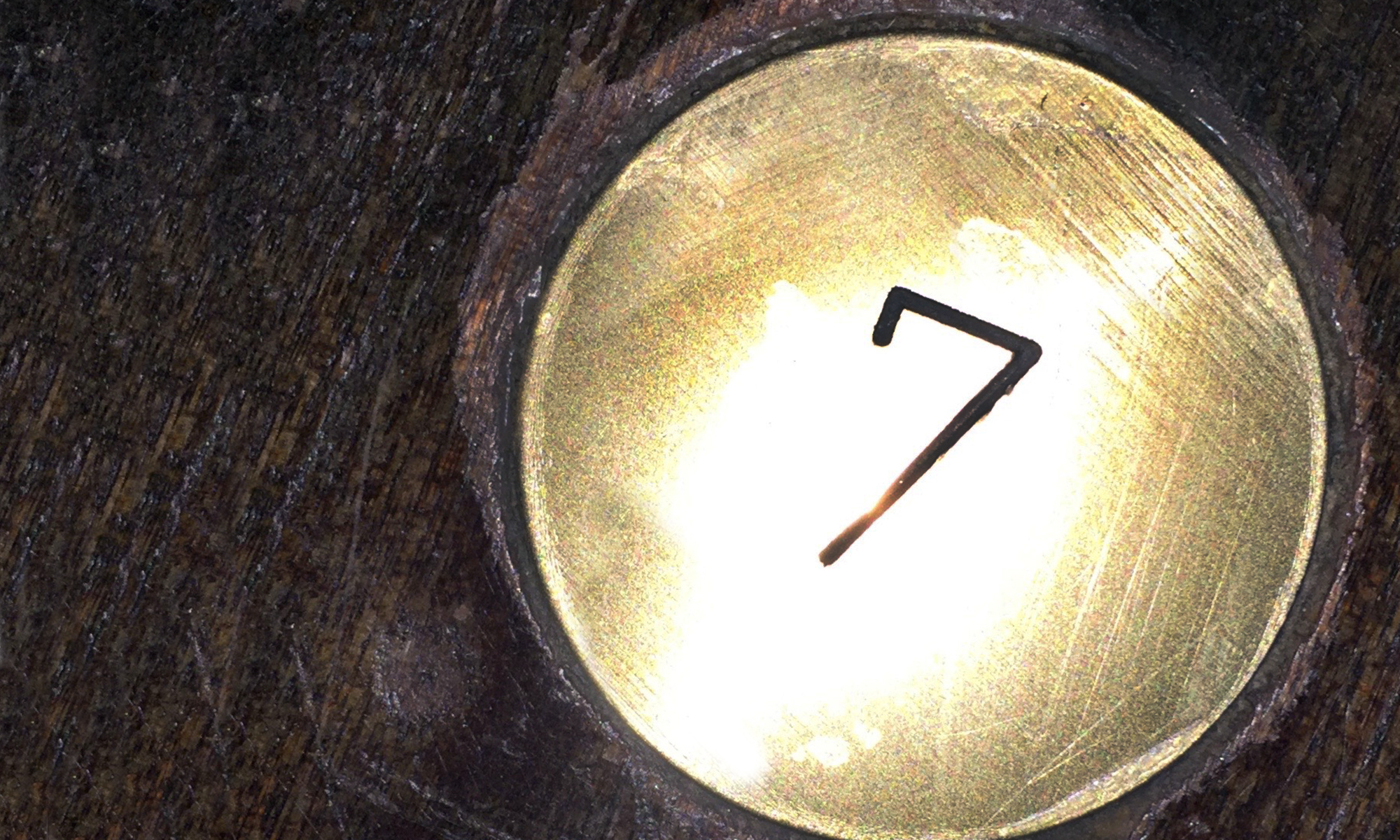We mentioned a few posts ago that for Leigh Art Trail 2020 SEVEN will be showing our creative journals at Leigh’s first zero waste grocery store The Refill Room. And, because The Refill Room is all about, well, zero waste, we thought working in reclaimed books, aka altered books, would be a perfect fit.
The thing is, some people think working in printed books is sacrilege – but is it?
Let’s take a look at the controversial topic of destroying books, for example. Because, let’s face it, this tends to conjure up images of Nazi book burnings and the idea that books are more than just things. As John Milton wrote:
“Who kills a man kills a reasonable creature… but he who destroys a good book, kills reason itself…”
Book Bonfires
In May 1933, at their book-burning peak, over 25,000 books were burned by the Nazis. According to Cambridge University:
“The aim was to remove undesirable professors from their posts, to blacklist “un-German” books and to purify libraries according to National Socialist principles.”
Whether performed as a way to control the availability of information or as a means of consolidating governmental power, “the symbolic weight of burning books is heavy” says the Smithsonian in their article A Brief History of Book Burning.
And, this idea continues to be expressed through popular culture, like Ray Bradbury’s dystopian novel Fahrenheit 451, which imagines a future where television reigns supreme and books are illegal:
“‘A book is a loaded gun in the house next door. Burn it. Take the shot from the weapon.’”
So far, so deplorable, but what if the good guys get in on the act?
Destroying to preserve
It’s tempting to blame the destruction of books on the bad guys, but since the 1950s, when the microfilm industry became the fad du jour, libraries themselves got in on book destroying. Big time.
Yep, Nicholson Baker’s book Double Fold tells the tale of a controversial practice called ‘reformatting’, which was embraced by the likes of the Library of Congress in Washington and even – wince – the British Library. While some volumes were sold to dealers, it transpired that many were simply pulped. Eeek!
Of course, the difference between library pulping and Nazi book burning is that the libraries actually preserved the information contained within the books – well, mostly. Apparently microfilm wasn’t as durable as was first thought – technology, eh!?
But, it wasn’t just another evolution in technology that was to blame for the demise of so many books, it was also that old chestnut: a lack of space…
Drowning books
Writing during the first world war a certain Sir John Collings Squire went on a bit of a rant about how the public were sending rubbish books to their lads on the front line:
“…[I]t was publicly stated the other day that some people were sending the oddest things, such as magazines twenty years old, guides to the Lake District, Bradshaws, and back numbers of Whitaker’s Almanack.”
Why were people sending these indigestible tomes all the way to Flanders? Well, Sir John reckoned it was because:
“[I]t is likely that there are those who jump at the opportunity of getting rid of books they don’t want.”
This, he reasoned, was because people very often held onto books simply because they were, well, books:
“In reality it is not merely absurd to keep rubbish merely because it is printed: it is positively a public duty to destroy it. Destruction not merely makes more room for new books and saves one’s heirs the trouble of sorting out the rubbish or storing it: it may also prevent posterity from making a fool of itself.”
Maybe Sir John was the Marie Kondo of his era? Of course, KonMari has been blamed for a whole lot of book slinging in recent years – she recommends keeping around 30 max. But numbers aside her point, is this:
“Books are the reflection of our thoughts and values…”
But reasoning doesn’t stop Sir John feeling guilty for essentially ‘drowning’ his big bag of bad poetry in the Thames. Yes, the little blighters might’ve been taking over his tiny flat, but now he’s some kind of book murderer:
“Odes to Diana, Sonnets to Ethel, Dramas on the Love of Lancelot, Stanzas on a First Glimpse of Venice, you lie there in a living death, and your fate is perhaps worse than you deserved. I was harsh with you. I am sorry I did it. But even if I had kept you, I will certainly say this: I should not have sent you to the soldiers.”
Don’t judge a book…
So, it turns out both book lovers and book haters destroy books. The reasons are as varied as making space to live to controlling the lives of others. But at the end of day like people, it’s really what’s inside that counts, as Ray Bradbury writes in Fahrenheit 451:
“It is not books you need, it’s some of the things that are in books.”

One Reply to “Altered Books: Is destroying books ever ok?”